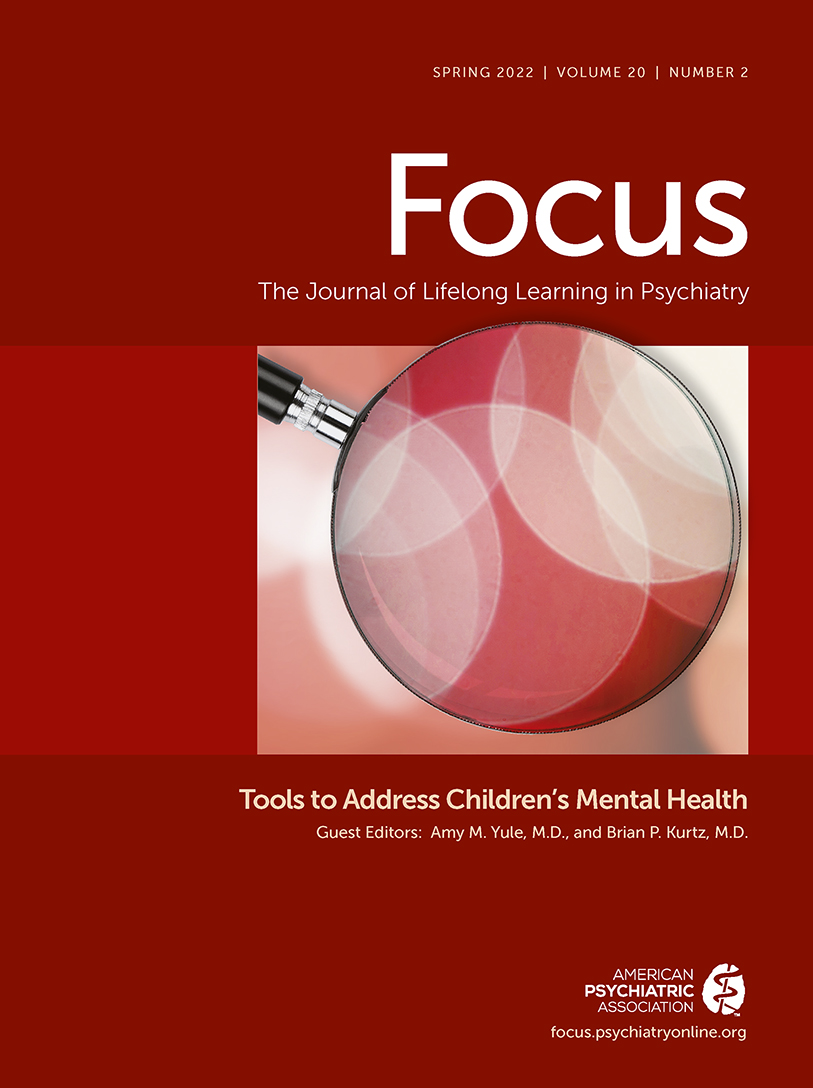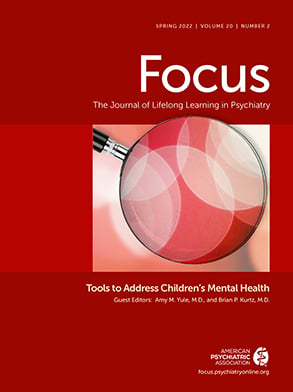Development of a clear and balanced case formulation is the foundation of psychiatric treatment planning. Psychosocial factors (e.g., family problems or dysfunction) that contribute to the presenting concern inform the need for family engagement, either in the context of treatment with the psychiatrist or by referral to a child and adolescent psychiatrist or family therapist. During patient assessment, it is important to identify patterns within family relationships that may serve as precipitating or perpetuating factors for psychiatric challenges and ways that stressors related to the illness may be having an impact on family responses to the patient. This assessment contributes to the understanding of how biologic factors for illness interact with psychosocial factors. For example, marital conflict or abuse can precipitate psychiatric problems among family members or can perpetuate existing psychiatric problems, and authoritarian parenting that leads to family dysfunction may be a response to a child’s psychopathology (e.g., attention deficits) (
4). Multiple family factors have been associated with depression, including parental depression, marital conflict, ineffective parenting practices, loss, negative parent-child interaction, and insecure attachment (
4). Childhood anxiety disorders are associated with family factors, including overly controlling and overprotective parenting, as well as parental reinforcement of anxious or avoidant behaviors (
4). Disordered eating has been associated with family risk factors, such as insecure child attachment, parental criticism, parental intrusiveness and overcontrol, low family cohesion, and physical or sexual abuse. It has been suggested that some of these risk factors may be a result of the negative eating behaviors, rather than a cause (
4). Parental psychopathology and marital conflicts also are associated with childhood disruptive disorders and substance use. In families with children diagnosed as having ADHD, families may have increased stress and conflict, marital distress, poor parenting practice, and less authoritative parenting. Family environment also seems to play a role in management and outcome of ADHD. Family factors in ADHD may be most influential when comorbid conditions are present, such as disruptive behaviors, school failure, or other psychosocial problems (
4).
Additionally, it is important to assess social contexts that may exacerbate family conflicts, such as racial or ethnic discrimination, poverty, or community violence (
4). Such topics should be explored in a sensitive manner, with the goals of maintaining the therapeutic alliance and collaborating with the patient in developing an understanding of the psychiatric issues and a shared vision of how to approach such challenges. As part of ongoing assessment, the psychiatrist can develop an impression of how family factors are impacting the difficulties related to the patient’s health and functioning. The psychiatrist and patient can discuss whether it would be relevant and helpful to interview family members, with a goal of engaging family in collaborating and identifying goals for positive change, to facilitate successful treatment. Seeking to include family members in treatment is always relevant for children and adolescents. Family interventions also may be relevant for adult patients, when the presenting problems are clearly perpetuated by difficulties related to family relationships or for whom family support would be beneficial in improving recovery and maintenance. When interviewing the patient and family, a strength-based approach is important in assessing and identifying biopsychosocial stressors and for understanding the family’s strengths and limitations in supporting the patient. A strength-based approach includes engaging family members’ competencies and motivations in an effort to lead to optimal collaboration. This approach can promote the patient’s well-being and contribute to positive outcomes (
7).

